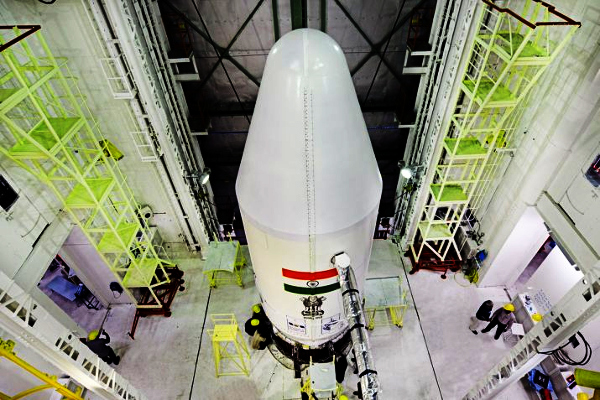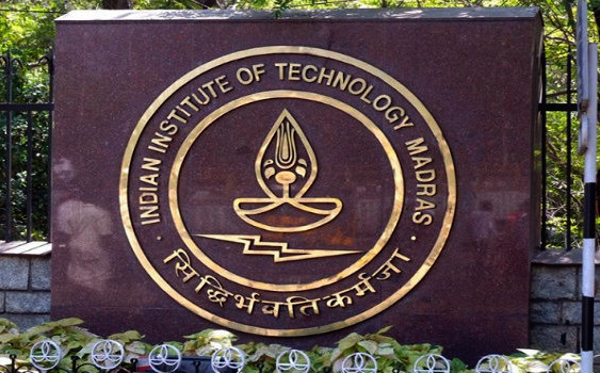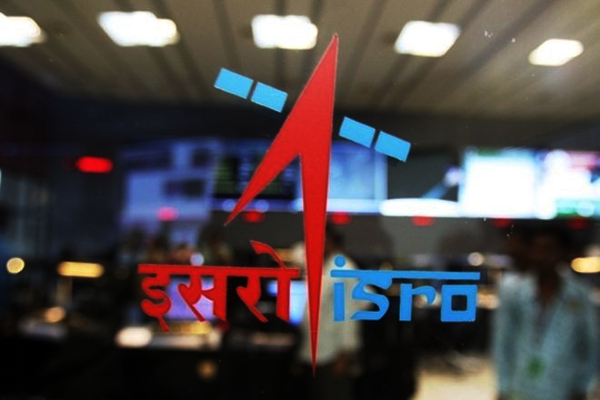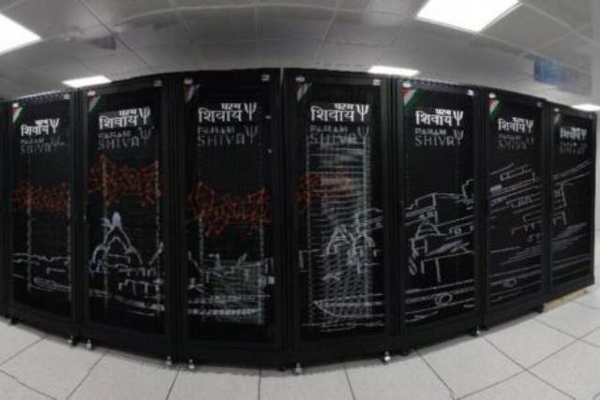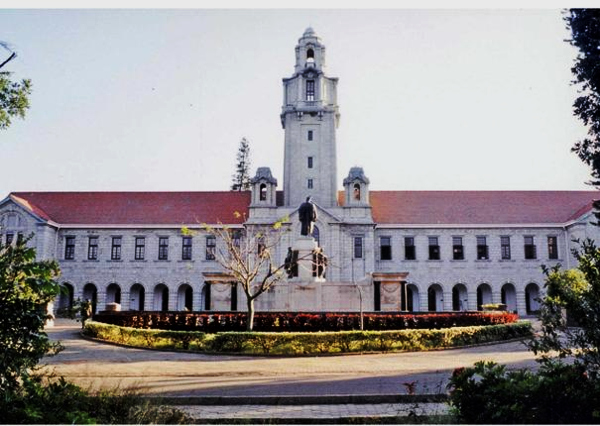HAL-L&T Wins Over INR 824-Crore Contract for Making 5 Polar Space Launch Vehicles
Space PSU NewSpace India opened the commercial bids of the three shortlisted entities — HAL-L&T, BHEL (single firm) and the BEL-Adani Alpha Design-BEML consortium — on Wednesday. The winning bid quoted Rs 824 crore, BHEL Rs 1,129 crore and the third group Rs 1,218 crore, a source said. These figures exclude taxes.
